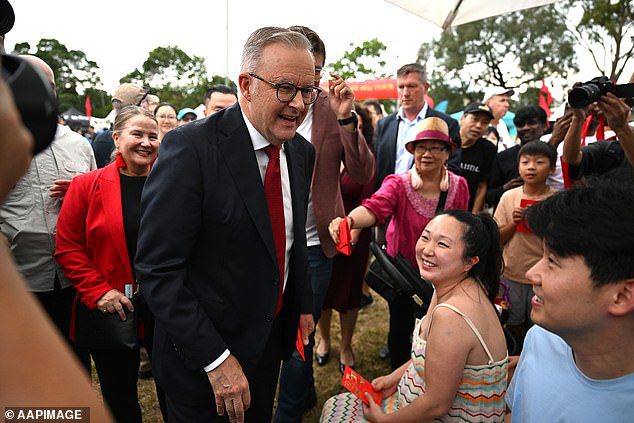Experts Say Aussies Won’t Blame Immigration for Housing Woes

Public Sentiment on Immigration
Recent insights from a prominent population expert reveal that Australians might be reluctant to directly hold migrants accountable for ongoing housing shortages in the country. This statement comes on the heels of new data from the Australian Bureau of Statistics (ABS) indicating a significant portion of the public supports immigration.
A report from the ABS, funded by the Scanlon Foundation, shows that 71% of respondents in 2024 believe migrants positively impact Australia. However, this figure has dropped from 78% in 2023, reflecting a shift in public sentiment amid rising concerns.
Bob Birrell, president of The Australian Population Research Institute, pointed out that many Australians, including long-term migrants, feel that immigration levels are too high despite these supportive poll numbers. He noted, “The ABS poll reflects Australians’ politeness. Most people hesitate to say migrants are a problem, but other surveys show that many, including established migrants, oppose increased diversity.” Concerns are particularly focused on how high immigration relates to housing affordability.
There were protests in major cities recently against high immigration rates. Supporters of immigration argue that criticism often has roots in racism, contending that migrants take on jobs many Australians avoid and contribute substantially to the economy.
The ABS also emphasised that cultural diversity is one of Australia’s greatest assets and that embracing multiculturalism is crucial for social unity.
Public Sentiment on Immigration
A variety of polls show differing views on immigration levels. A TAPRI poll found that 67% of respondents disagreed with increasing immigration to enhance diversity. The Lowy Institute reported that 53% of people believe the current number of migrants is too high, while only 38% think it is appropriate.
This declining support for immigration coincides with a reduction in net migration, which decreased from 548,800 in 2023 to 340,800 recently.
Despite concerns about excessive immigration, comments from the Scanlon Foundation suggest that many who support limiting numbers still value multiculturalism and acknowledge the economic benefits migrants bring.
Housing Challenges
Australia’s rising population is intensifying the housing crisis, evident in a national vacancy rate of just 1.2% as of August. Although the Federal Government benefits from increased income taxes on skilled migrants, housing policies are managed by state governments.
In New South Wales, recent changes to planning regulations aim to accelerate housing development, with over 377,000 homes required by 2029 as part of a national housing initiative.
Both political sides increasingly depend on a working-age population to boost revenue as birth rates decline, highlighting the critical role skilled migrants play in this context.
Migrating to Australia can be an opportunity for international job seekers, particularly under various visa options aimed at skilled professionals. If you’re considering long-term options or sponsorship, it’s advisable to stay informed about how these public sentiments and housing demands might influence opportunities in the job market.
What do you think?
Have a question about this topic or your own plans to move to Australia? Scroll down and leave a comment. We’d love to hear from you.
Thinking about moving to Australia?
Join our free and supportive community at Oz Visa Forum.
Post in our forums to get advice and support from people who’ve already made the move.
Not sure where to start? Click here to get started







Responses